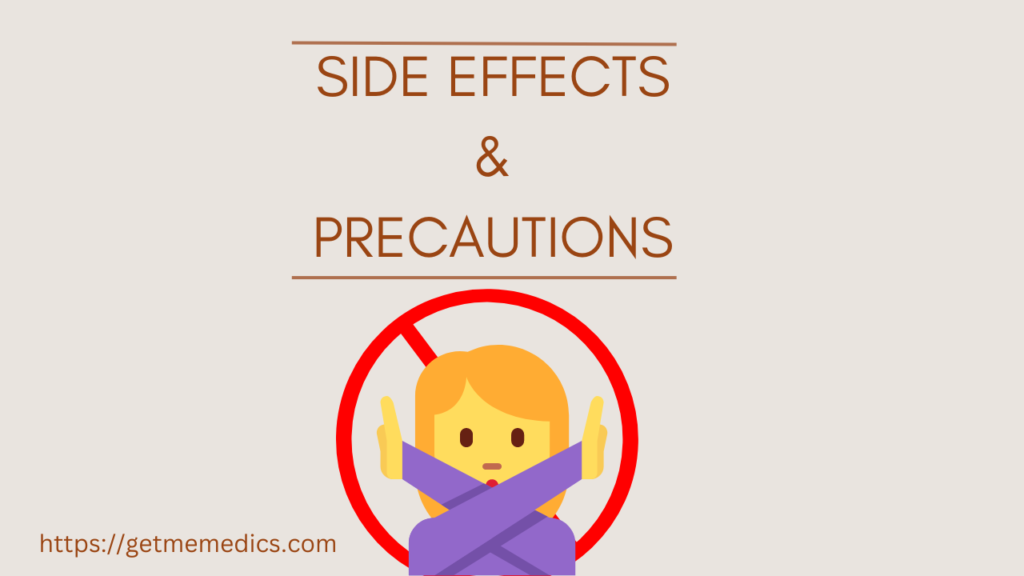Chamomile Syrup is a delightful liquid extract derived from the chamomile flower, scientifically known as Matric aria chamomilla. With its soothing properties and numerous health benefits, this herbal elixir has become increasingly popular among those seeking natural remedies for stress, anxiety, and sleep troubles. In this article, we will explore the various aspects of Chamomile Syrup, including its uses, composition, side effects, precautions, dosage instructions, interactions, alternatives, recipe, risks, warnings, frequently asked questions, and conclude with a better understanding of its potential.
What is Chamomile Syrup?
Chamomile Syrup is a natural liquid extract obtained from the dried flowers of the chamomile plant, scientifically known as Matricaria chamomilla. The chamomile flower has been treasured for centuries due to its medicinal properties, and the syrup offers a convenient and pleasant way to harness its benefits.
The Composition of Chamomile Syrup
Chamomile Syrup’s composition is a fusion of various bioactive compounds, including flavonoids, terpenoids, and antioxidants. These natural components work synergistically to deliver the therapeutic effects associated with the syrup.
Understanding the Uses of Chamomile Syrup
Chamomile Syrup is renowned for its calming and soothing properties. It is commonly used to alleviate stress, anxiety, and promote relaxation. Additionally, the syrup is also employed to aid with sleep troubles and to ease mild digestive discomfort.

Exploring Potential Side Effects
While Chamomile Syrup is generally safe for most individuals, some may experience mild side effects. These can include drowsiness, allergic reactions, or mild gastrointestinal disturbances. It’s essential to be aware of these potential effects before using the syrup.
Precautions When Using Chamomile Syrup
Although Chamomile Syrup is considered safe, certain precautions should be taken, especially for individuals with allergies to plants in the Asteraceae family. Pregnant and breastfeeding women should also exercise caution and consult with a healthcare professional before using the syrup.
Proper Dosage Instructions
Determining the appropriate dosage of Chamomile Syrup is crucial to experience its benefits effectively. This section provides guidance on dosage based on age and individual needs.
Interactions with Other Substances
Chamomile Syrup may interact with certain medications or substances, potentially affecting their effectiveness or causing adverse effects. Understanding these interactions is vital for those combining the syrup with other treatments.
Exploring Alternatives to Chamomile Syrup
There are several alternatives to Chamomile Syrup for individuals who cannot use or prefer not to use this particular herbal remedy. These alternatives offer similar calming and soothing properties and can be equally effective in promoting relaxation and well-being. Here are some popular alternatives:
- Chamomile Tea: Chamomile tea is one of the most well-known alternatives to Chamomile Syrup. It is made by steeping dried chamomile flowers in hot water, allowing the natural compounds to infuse the liquid. Chamomile tea is widely available and can be enjoyed hot or cold.
- Green Tea: Green tea contains L-theanine, an amino acid that promotes relaxation without causing drowsiness. It can be a good option for those seeking a mild calming effect.
- Kava Kava: Kava kava is a traditional herb from the South Pacific known for its relaxation-inducing effects. It is available in extract or supplement form.
- Passionflower: Passionflower is another herbal remedy known for its calming effects. It can be consumed as a tea or taken in supplement form.
- Lemon Balm: Lemon balm is a gentle herb with mild sedative properties. Like chamomile, it can be consumed as a tea or taken in supplement form.
You may also like:
- Cherry Blossom Syrup, its Uses, Composition, Side Effects and Precautions
- Jasmine Syrup, its Uses, Composition, Side Effects and Precautions
Risks and Warnings to Consider
Chamomile Syrup, like any herbal remedy, has its share of risks and warnings. This section delves into specific conditions where the syrup should be used with caution or avoided altogether.
Conclusion
Chamomile Syrup, with its natural soothing properties, presents an excellent opportunity for individuals seeking relaxation and relief from stress and anxiety. Embracing the benefits of this herbal remedy can pave the way for a more tranquil and serene lifestyle. However, it’s essential to be aware of potential side effects, precautions, and interactions with other substances. Always consult a healthcare professional before integrating Chamomile Syrup into your wellness routine.
FAQs
- Is Chamomile Syrup safe for children?
- Chamomile Syrup can be safe for children when used in appropriate doses, but consulting a pediatrician is recommended.
- Can pregnant women use Chamomile Syrup?
- Pregnant women should consult their healthcare provider before using Chamomile Syrup to ensure it’s safe for them and their baby.
- How quickly does Chamomile Syrup work?
- The effects of Chamomile Syrup may vary from person to person, but many users experience relaxation shortly after consumption.
- Can Chamomile Syrup be used with other herbal remedies?
- While combining herbal remedies can be possible, it’s best to consult a healthcare professional to avoid potential interactions.
- Is it possible to overdose on Chamomile Syrup?
- While rare, overdosing on Chamomile Syrup can lead to adverse effects. Always follow the recommended dosage.
